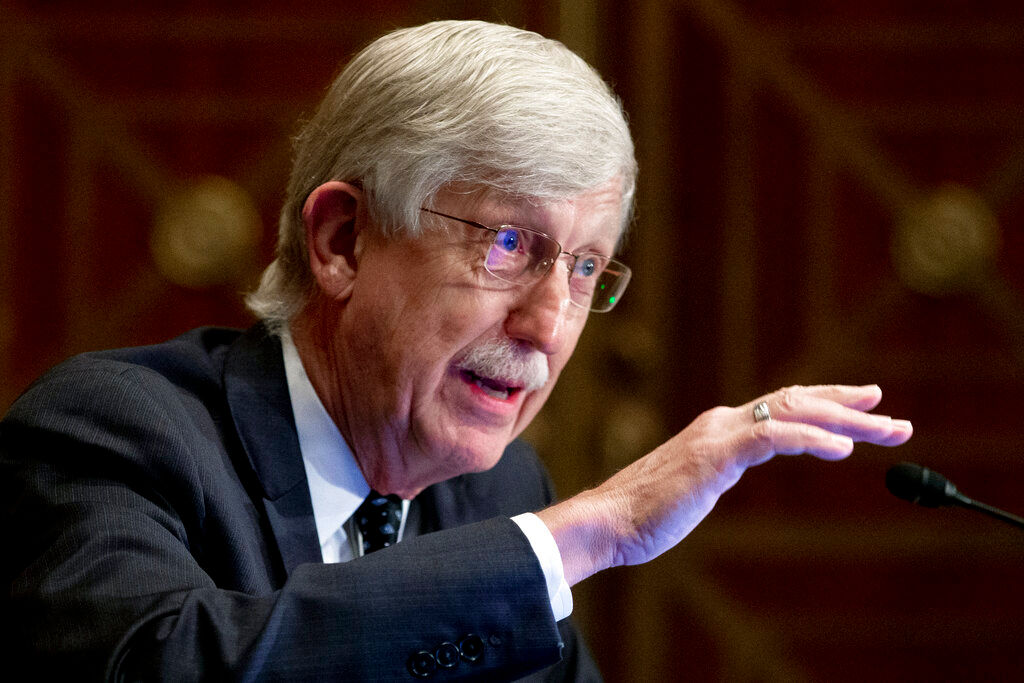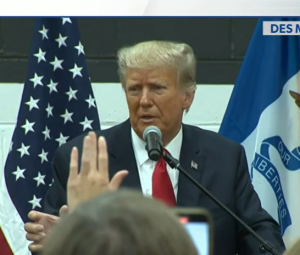Dr. Francis S. Collins, the longest-serving director of National Institutes of Health, will be stepping down by the end of the year.
“It has been an incredible privilege to lead this great agency for more than a decade. I love this agency and its people so deeply that the decision to step down was a difficult one, done in close counsel with my wife, Diane Baker, and my family. I am proud of all we’ve accomplished,” the 71-year-old said in a statement.
He said he believes that “no single person should serve in the position too long, and that it’s time to bring in a new scientist to lead the NIH into the future.”
Collins was appointed director of the institute by President Barack Obama in 2009. He was was asked to remain in that post by Presidents Donald Trump and Joe Biden. This means he has served three US presidents as head of the research institute for more than 12 years.
He also served as director of NIH’s National Human Genome Research Institute from 1993-2008 and led the international Human Genome Project.
An interim director will be nominated by President Joe Biden and confirmed by the Senate.
Based in Bethesda, Maryland, the NIH is a part of the Department of Health and Human Services and is the United States’ biggest medical research agency and operates more than two dozen institutes and centers. It lays claim to being the largest supporter of biomedical research in the world.
Thanking Collins for his service, Health and Human Services Secretary Xavier Becerra, said, “Few people could come anywhere close to achieving in a lifetime what Dr. Collins has at the helm of NIH. It takes an extraordinary person to tackle the biggest scientific challenges facing our nation — and under three presidents, amidst three distinctly different chapters of American history. Dr. Collins, master of scientific breakthroughs and scientific reason — from mapping the human genome to fighting the most devastating pandemic of a century — has routinely broken ground to save countless lives, while unleashing innovation to benefit humanity for generations to come.”
(With inputs from Associated Press)







